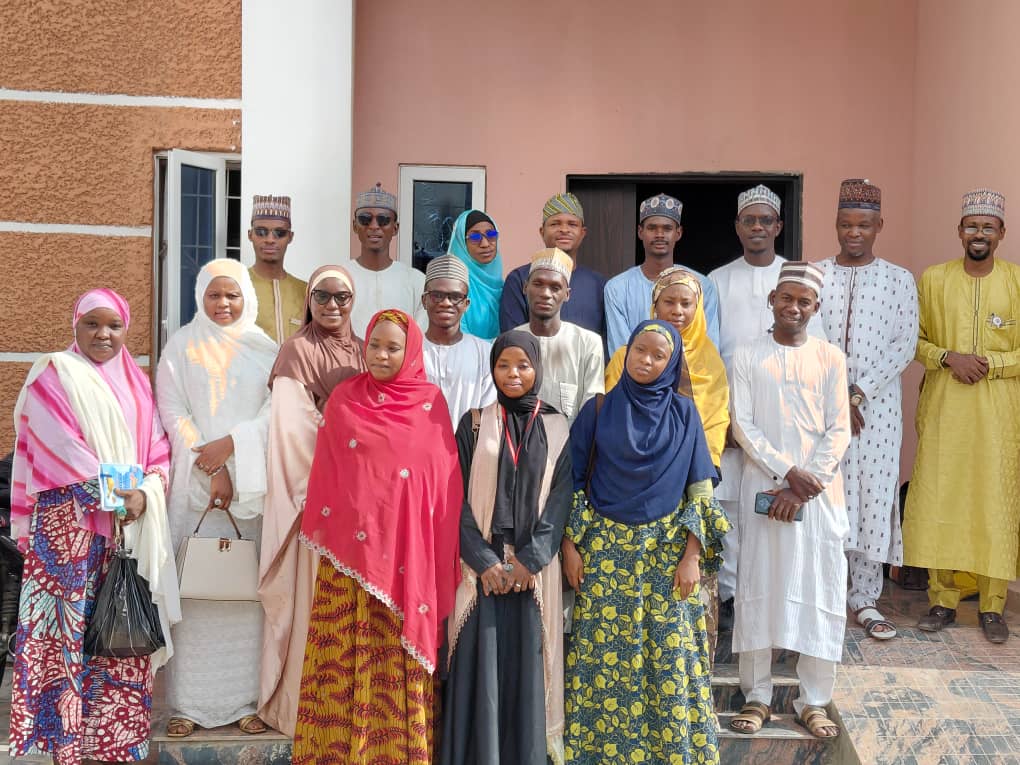By Mustapha Salisu
The Centre for Information Technology and Development (CITAD), in collaboration with the Association for Progressive Communication (APC), has hosted a two-daytraining at its Kano office to strengthen the capacity of civil society organizations on issues relating to digital rights in Nigeria.
Speaking during the training which was held between Thursday and Friday, Ali Sabo, CITAD’s Digital Rights Officer, emphasized the growing importance of digital rights globally and Nigeria’s increasing entanglement in these developments.
According to him, the training was aimed at equipping civil society actors with the knowledge and tools to better understand and advocate for the protection of digital rights in the country.
He highlighted that violations of digital rights are becoming more rampant in Nigeria, especially with the misuse of digital platforms by both state and non-state actors.
These violations, he noted, often target journalists, dissenting voices, and opposition parties under the guise of laws like the Cybercrime Act of 2015.
He stressed that while the Act was designed to tackle cyber-related crimes, it is now frequently used as a tool for suppressing freedom of expression and silencing critics online.
Ali Sabo noted that cases of online gender-based violence, misinformation, fake news, and other forms of abuse are common challenges within Nigeria’s digital space.
He explained that such abuses have, in some cases, driven victims to extreme outcomes, including suicide. According to him, the fight for digital rights is also a fight for broader freedoms; including freedom of expression, association, movement, and access to information which must be protected both offline and online.
He further pointed out that Nigeria, like the rest of the world, is moving beyond mere internet usage into a future dominated by Artificial Intelligence (AI), Internet of Things (IoT), and robotics, making it even more critical for authorities to protect citizens’ rights in the digital space.
“The right to the internet is no longer a privilege, it is a fundamental right that everyone deserves,” Sabo asserted.
He also stressed the need for greater accountability from big tech companies, especially those operating in the Global South. Citing the ongoing discussions between the Nigerian government and Meta (Facebook’s parent company), he spotlighted the necessity of ensuring that these companies adhere to local laws and can be held accountable for any violations.
He explained that having legal structures and physical offices within countries like Nigeria enhances accountability and creates avenues for redress when digital rights are breached.
Ali Sabo reiterated that CITAD’s efforts go beyond awareness creation; the organization is also offering pro bono legal support for victims of digital rights violations.
He called on civil society organizations to not only educate themselves but also actively participate in reporting abuses and advocating for safer and more inclusive digital environments.

